|
It was almost a year ago – Jan. 23, 2020, to be precise – that the city of Wuhan was locked down by the government of China in an effort to control the spread of a mysterious new virus that had killed its first person a few weeks earlier. By the end of the month, the world would be all too familiar with the name of this new coronavirus. A year of COVID-19 seems to have lasted a decade by now. And as winter hits its peak, new restrictions are being introduced in many parts of Canada in an effort to reduce the growing number of infections and deaths. Years from now, historians will look back at how COVID-19 impacted all aspects of society: not only the hundreds of thousands of people around the world who died, but the way it changed people's work, the impact on young children who had to learn their lessons from a video screen and even its effect on our national pastime as hockey players
skated in empty arenas.
I know we’re tired of it all, but it’s important to stay informed about what has become the story of our lifetime. Our editors at The Conversation Canada are continually impressed by the story proposals about COVID-19 that we get from academics across the country. Last year, we published more than 500 stories about the pandemic that were read by millions of people around the world. For your weekend reading, I’ve assembled some of our best COVID-19 stories from the first few weeks of 2021 – both from Canada and from the global network of The Conversation.
Have a great weekend, stay safe and we’ll be back in your Inbox on Monday.
|
Weekend Reads
|
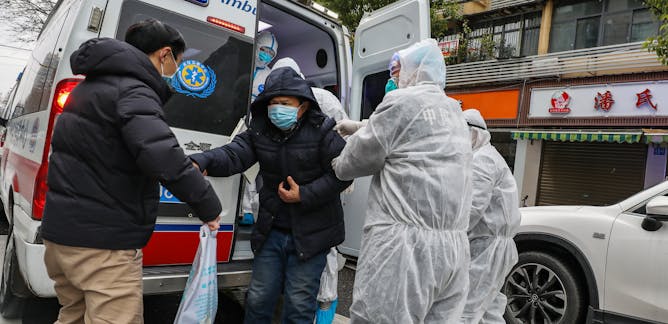
Connor Bamford, Queen's University Belfast
The Conversation first reported on the novel coronavirus on January 13 2020. A virologist reflects on what happened since he first wrote that article.
| |
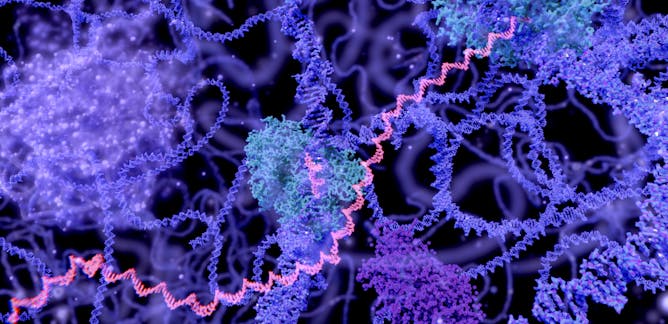
David Kennedy, Penn State
A biologist who studies the evolution of diseases explains what's different about the two new virus strains that have been found recently, and what that means for vaccine effectiveness.
|
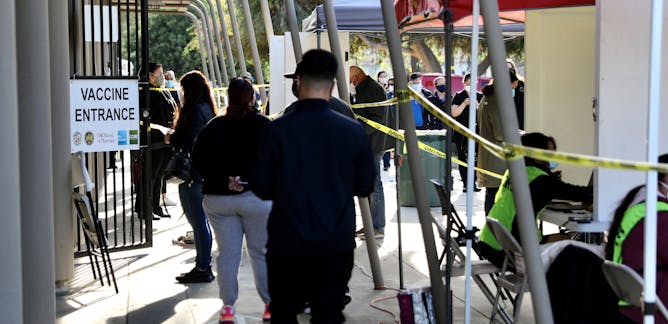
Sanjay Mishra, Vanderbilt University
With vaccine shortages looming, experts are debating whether it is important to receive two doses or whether it's better to give one dose to more people and give a second when the supply is better.
| |
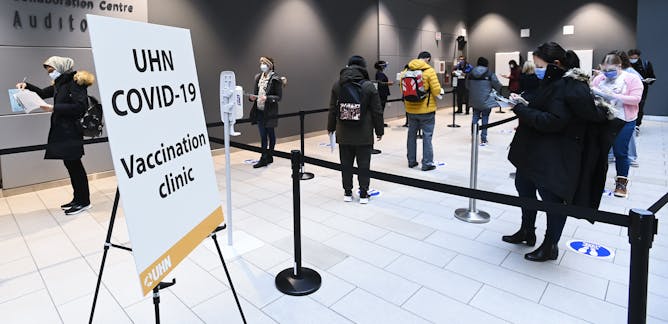
Dasantila Golemi-Kotra, York University, Canada; Jianhong Wu, York University, Canada
Rollout of COVID-19 vaccines has begun. But getting the jab doesn't mean abandoning masks, distancing and handwashing. Here's why the current preventive measures must continue post-vaccine.
|
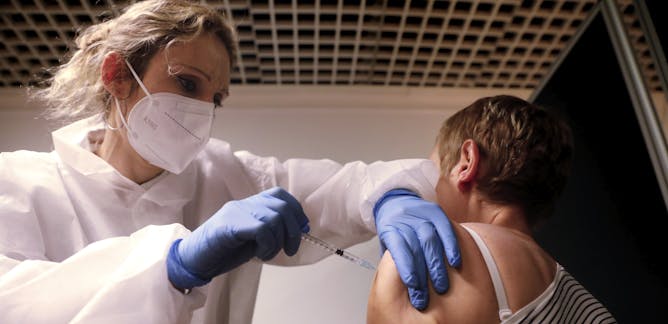
Sheena Cruickshank, University of Manchester
Long-term protection will depend on the 'memory response' developed by our immune systems – and the initial signs are promising.
| |
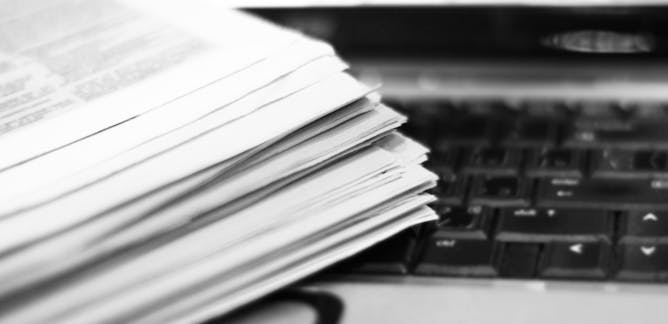
Alice Fleerackers, Simon Fraser University; Juan Pablo Alperin, Simon Fraser University
The peer-review process is an essential part to ensure the quality of scientific research, but the pandemic-driven demand for information means that research is publicized before it has been reviewed.
|
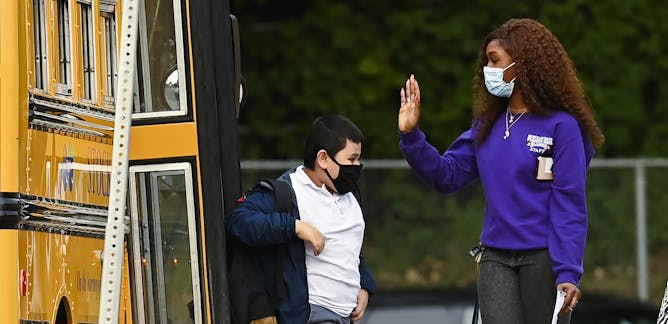
Diane R. Collier, Brock University; Anne Burke, Memorial University of Newfoundland
Teachers' optimism is strained when they know much more could be done to minimize COVID-19 safety risks in schools and to help them support student needs during COVID-19.
| |
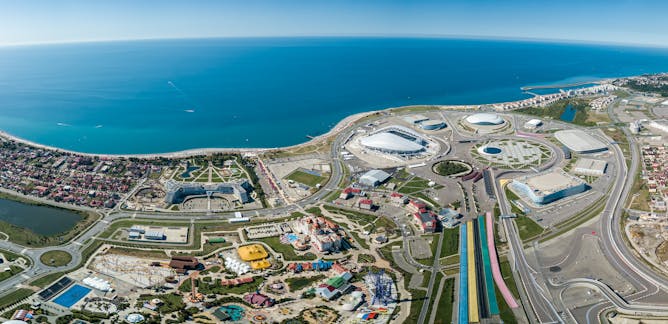
Kevin Wilson, University of Waterloo
Some sports facilities are both a point of civic pride and a financial burden on taxpayers. The COVID-19 pandemic will further impact the way these facilities are constructed and managed.
|
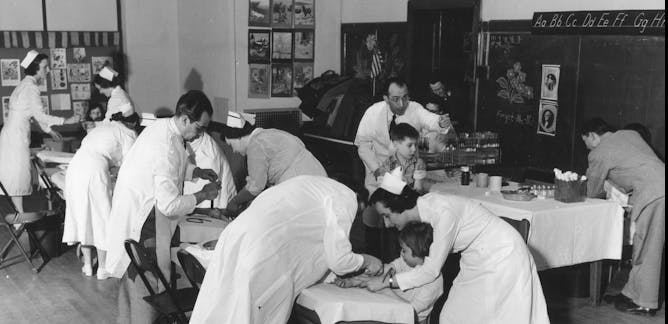
Bert Spector, Northeastern University
Massive vaccine distribution efforts take a lot of coordination. The rollout of the Salk polio vaccine in the US in 1955 holds lessons for those delivering COVID-19 shots today.
| |

Olga Kokshagina, RMIT University
Interference with our brain's goal-directed functioning is increasing with ever more tools for virtual communication and collaboration.
|
|
|